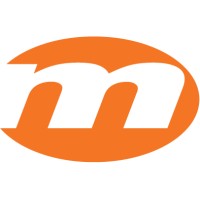
MORGAN MARINE LTD
Morgan Marine is a UK leader in the design, manufacture and installation of standard and bespoke non-security and LPCB security rated enclosures, door-sets, barsets, cages, access covers and ventilation options to the utilities, rail, construction, renewables and security sectors. Engineering GRP and steel since 1965, Morgan Marine operates from a prestigious sales and manufacturing site in South Wales with over 9 acres and 120,000 sq. ft of manufacturing. The company is managed by a team of experienced professionals and has full in house sales, engineering and design support.






